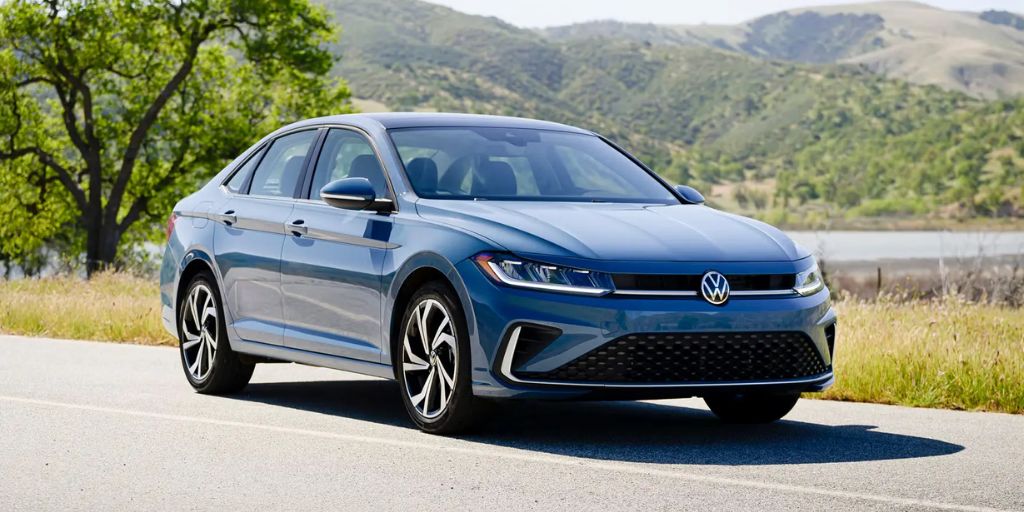In today’s automotive world, reliability is a key factor for many buyers. No one wants to spend countless hours at the mechanic or drain their bank account on frustrating repairs.
Yet, while engine strength and transmission durability often take the spotlight, electrical reliability is just as crucial.
Modern vehicles are loaded with advanced tech—from infotainment systems to safety sensors—and when those components fail, it can lead to serious headaches.
For some cars, electrical stability is a selling point, with owners reporting smooth, problem-free experiences for years. Others, however, become infamous for mysterious faults and persistent glitches that defy easy fixes.
This article explores both ends of that spectrum. We start by highlighting five cars known for their bulletproof electrical systems—models that consistently avoid the common pitfalls of failing modules, drained batteries, and faulty wiring.
Then we shift gears to examine five cars that seem cursed with electrical gremlins, earning reputations for leaving owners in the lurch despite their best efforts at maintenance.
Whether you’re shopping for peace of mind or looking to avoid a potential nightmare, this guide offers essential insight. By the end, you’ll have a clear picture of which cars make electrical reliability a priority—and which ones should come with a warning label.
Also Read: 5 Cars That Make Great Weekend Warriors and 5 That Fall Flat
5 Cars With Virtually Zero Electrical Problems
When shopping for a reliable car, many buyers focus on major mechanical components like the engine and transmission.
But in an era of high-tech dashboards, complex infotainment systems, and sophisticated safety features, electrical reliability has become just as important—if not more so.
A car can have a bulletproof engine, but if its electrical system constantly fails, your ownership experience can be just as miserable as if the engine itself were unreliable.
That’s why vehicles with minimal electrical issues have become prized among consumers, especially those who plan to keep their cars for the long haul.
Some automakers have earned reputations for designing cars that manage to avoid the most common electrical pitfalls. Whether it’s due to high-quality wiring, fewer unnecessary gadgets, or simply excellent engineering, these cars deliver peace of mind.
You’re not going to lose sleep worrying about failing power windows, glitchy infotainment, or warning lights that seem to have a life of their own.
In this section, we highlight five standout models renowned for their rock-solid electrical reliability. These vehicles have racked up impressive records in owner surveys and reliability studies, consistently ranking at the top for electrical dependability.
From the daily commute to long road trips, they offer a sense of security that’s increasingly rare in modern motoring. Whether you’re a first-time buyer or a seasoned driver, these are the cars you can trust to keep their electronics in check—year after year.
1. Toyota Corolla (2010-2020)
The Toyota Corolla has long been synonymous with reliability, and its electrical systems are no exception. Over the years, the Corolla has earned a reputation for being a low-maintenance, highly dependable vehicle, and that includes its electrical components.
Unlike many other compact cars that come with a barrage of complex technology, the Corolla keeps things simple while still offering all the necessary modern features. This simplicity is one of the reasons its electrical system stands out.
Throughout its production years (2010-2020), the Corolla remained largely free of serious electrical issues, with owners rarely reporting problems related to the alternator, wiring, or battery.
The car’s infotainment system, although not the most advanced in its class, is intuitive and reliable, rarely suffering from the glitches that plague other vehicles. Power windows, air conditioning, and lighting systems are also known for lasting long periods without issue.
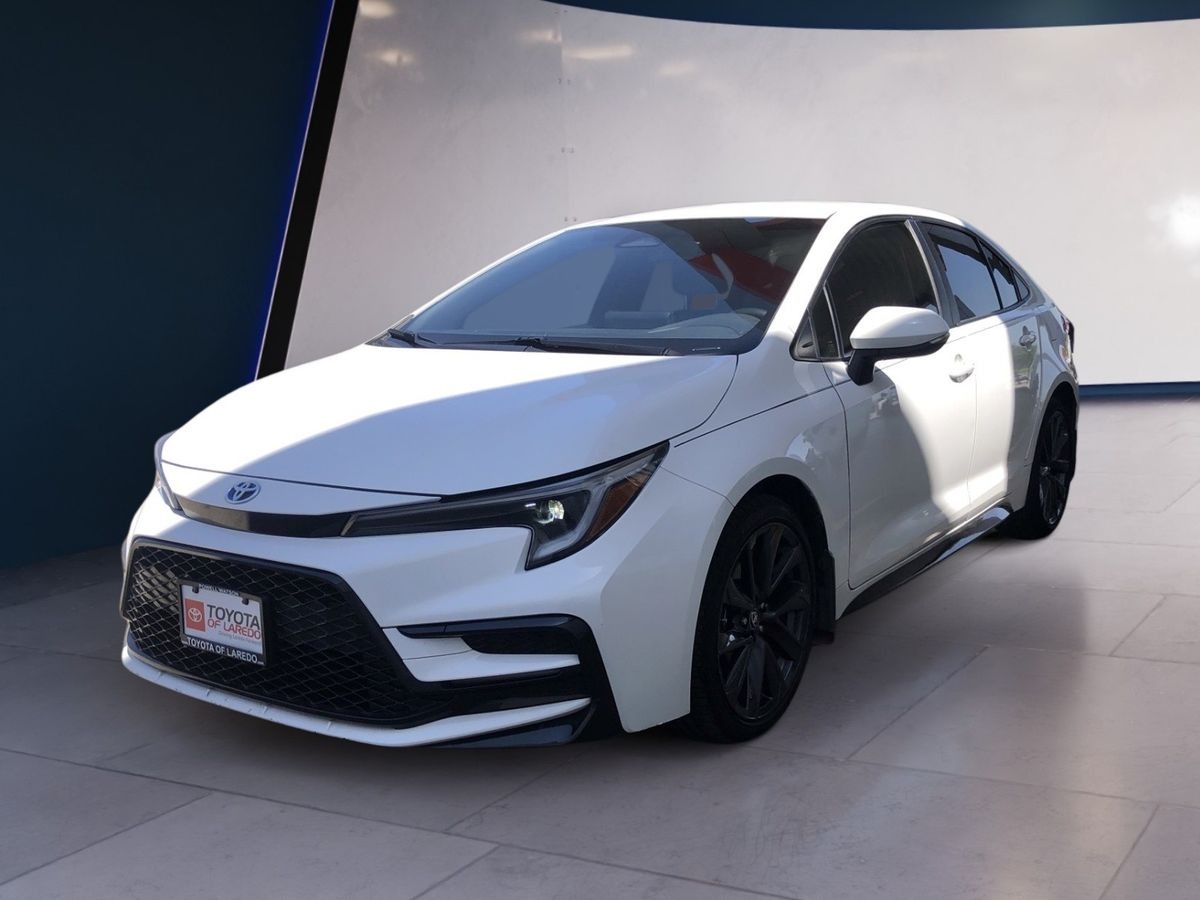
The secret to the Corolla’s electrical dependability lies in Toyota’s commitment to quality control and minimalism in design. The automaker uses tried-and-tested technology that reduces the chance of electrical faults creeping in.
Even when electrical issues do arise, they tend to be minor and easy to resolve. With this model, you’re investing in a car that keeps you on the road instead of in the repair shop, making it an ideal choice for anyone seeking a vehicle that won’t give them any unexpected electrical surprises.
2. Honda Civic (2016-2020)
The Honda Civic has consistently been a top choice for drivers seeking a well-rounded, reliable car, and its electrical system is a big reason why. The 2016 to 2020 models, in particular, stand out for their impressive electrical reliability.
Honda has refined the Civic over the years, prioritizing longevity and durability, with the electrical components remaining largely trouble-free throughout these model years.
From the vehicle’s infotainment system to its power windows and sensors, the Civic’s electrical systems have shown excellent reliability.
Unlike some competitors in the compact sedan class, which are prone to issues like screen malfunctions or sensor failures, the Civic’s systems are generally intuitive, straightforward, and free of the software glitches that often plague more complex setups.
In fact, issues with the Civic’s electrical system are so rare that they don’t often appear on reliability surveys or owner complaint forums.
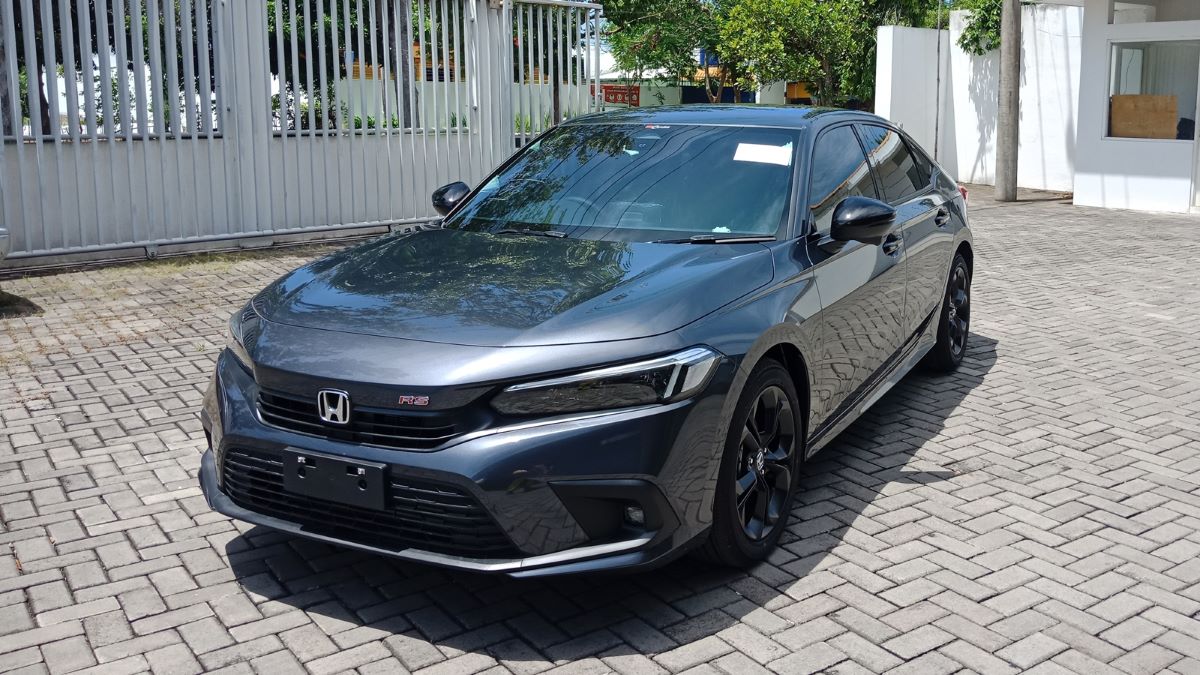
Honda’s approach to electrical design is one of caution and practicality. The automaker uses a combination of high-quality components and simple, efficient wiring to ensure longevity.
In addition, the Honda Civic benefits from solid engineering that reduces the likelihood of costly electrical failures, even in vehicles with higher mileage.
For those who want a daily driver that won’t let them down with faulty electrical components, the Civic is a standout choice, offering a reassuring ownership experience with very few electrical concerns over the long term.
3. Lexus RX (2015-2020)
Lexus is renowned for producing vehicles that are not only luxurious but also remarkably reliable, and the RX crossover is a shining example of this.
The 2015-2020 RX models are often highlighted for their excellent electrical reliability, which is a key reason why many owners choose to keep their vehicles for extended periods.
Lexus integrates a no-nonsense approach to electronics, offering a sophisticated yet simple setup that minimizes the chances of system failures.
The RX features a user-friendly infotainment system, and while it’s not the most advanced in terms of cutting-edge tech, it stands out for its reliability. From the navigation system to the sound system, owners rarely report issues.
The vehicle’s power windows, doors, and lights are also less likely to experience the glitches commonly found in other luxury vehicles. In fact, the RX’s electrical components are known for their longevity, with few reports of breakdowns or faults.
One of the reasons behind the RX’s exceptional electrical reliability is Lexus’ commitment to precision and quality. The automaker uses high-quality wiring and components that are built to last.
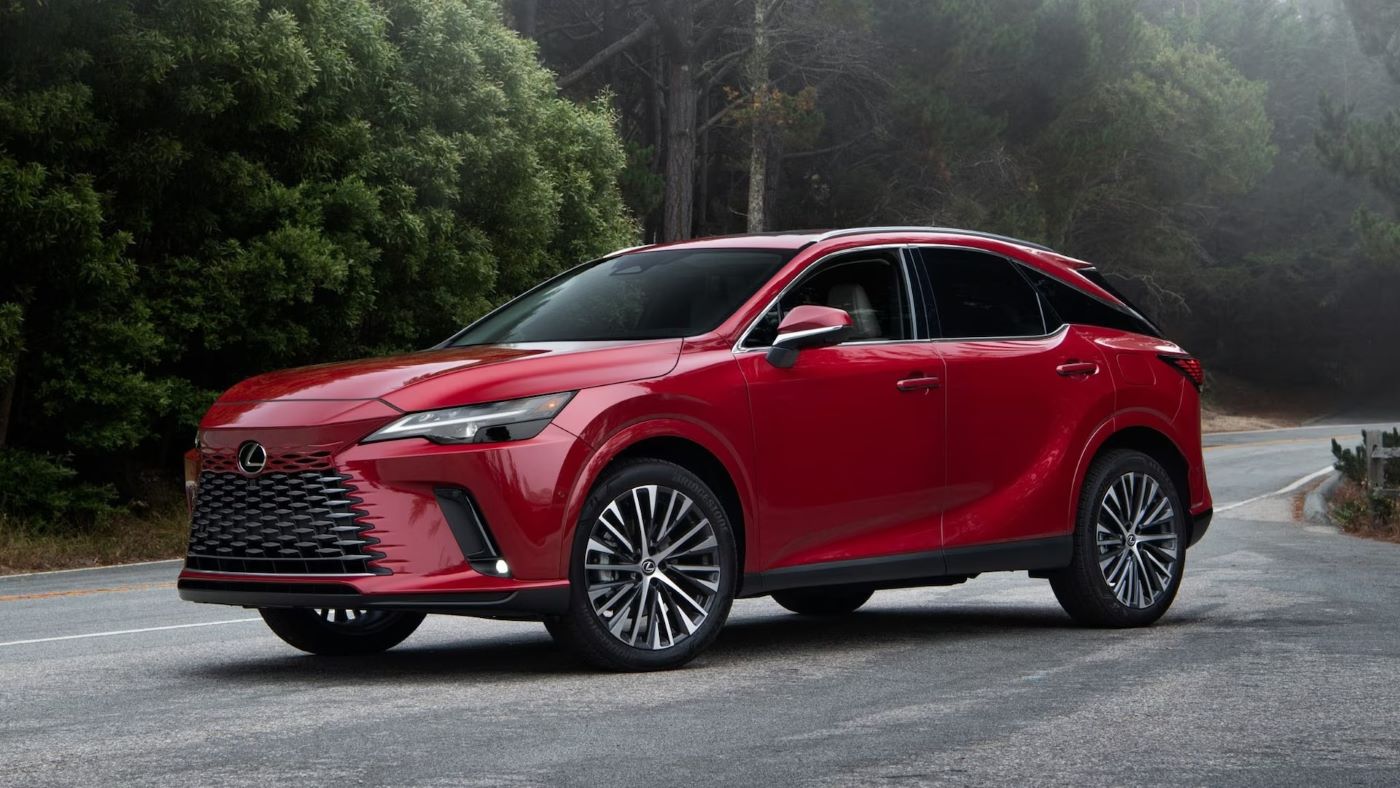
Additionally, the RX benefits from careful engineering that ensures all electrical systems are integrated seamlessly, reducing the risk of malfunction.
Whether you’re tackling daily commutes or embarking on long road trips, the Lexus RX’s electrical systems will provide a stress-free experience, making it a top choice for anyone prioritizing electrical dependability.
4. Mazda 3 (2014-2020)
Mazda has built a strong reputation for crafting cars that combine fun-to-drive dynamics with solid reliability, and the Mazda 3 from 2014 to 2020 is no exception. One of the standout features of this compact sedan and hatchback is its electrical reliability.
Unlike some competitors in the segment that experience frequent issues with their electronic systems, the Mazda 3 has been praised for its consistent, trouble-free performance when it comes to electrical components.
The Mazda 3 comes equipped with an intuitive infotainment system, responsive climate control, and dependable power windows and locks. Over the years, owners have reported very few electrical failures or glitches in these areas.
In fact, the majority of electrical-related complaints are often related to minor issues such as malfunctioning touchscreens, which are rare when compared to other vehicles in the same class.
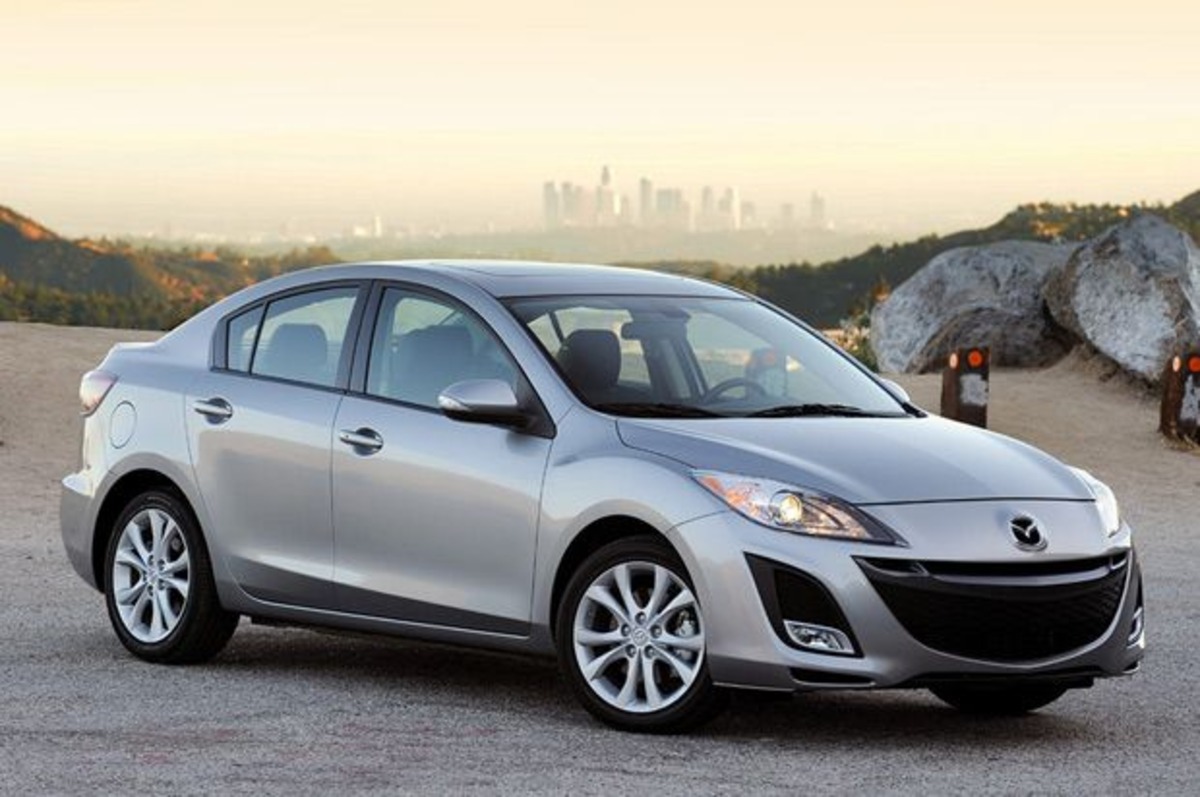
The lack of complex, unnecessary technology helps keep things straightforward and functional, reducing the potential for system breakdowns.
Mazda’s commitment to simplicity and quality in the electrical system ensures that it will be trouble-free for years. The automaker uses high-quality materials and employs careful engineering to keep the system running smoothly.
Whether you’re driving on city streets or on a long road trip, the Mazda 3 offers peace of mind knowing that your car’s electrical systems are less likely to malfunction.
It’s a perfect choice for anyone looking for a reliable, affordable vehicle that won’t give them electrical headaches down the road.
5. Subaru Outback (2015-2020)
The Subaru Outback has long been a favorite among drivers seeking a practical, rugged vehicle with strong reliability, and its electrical system is no exception.
From 2015 to 2020, the Outback has stood out for its excellent electrical reliability, earning praise for its straightforward and durable components.
The Outback comes equipped with a solid infotainment system, reliable power features, and a user-friendly interface that doesn’t overwhelm drivers with excessive tech that might be prone to malfunctions.
One of the key factors contributing to the Outback’s electrical dependability is Subaru’s commitment to simplicity.
While the vehicle is packed with technology such as all-wheel drive, advanced safety systems, and a well-regarded multimedia setup, it avoids the overcomplicated electronics that often lead to issues in other modern vehicles.
Power windows, door locks, and even the advanced EyeSight safety system, which includes adaptive cruise control and lane-keeping assist, are all known for performing consistently well with minimal problems.

Another reason the Outback’s electrical systems are so dependable is Subaru’s meticulous approach to building long-lasting components.
The automaker uses high-quality wiring and components, ensuring durability under various driving conditions, including extreme weather.
Whether you’re navigating city streets or tackling off-road trails, the Outback’s electrical systems remain reliable, ensuring a smooth and trouble-free experience for years to come.
For anyone who needs a reliable and functional all-wheel-drive vehicle with minimal electrical issues, the Subaru Outback is a standout choice that offers both practicality and peace of mind.
5 Cars With Constant Gremlins
While some cars are celebrated for their reliable electrical systems, others are notorious for their persistent electrical gremlins—those frustrating, often inexplicable issues that seem to pop up at the most inconvenient times.
Whether it’s a malfunctioning infotainment system, power windows that refuse to cooperate, or warning lights that appear for no apparent reason, these cars are plagued by electrical problems that can test even the most patient of owners.
The causes of these persistent issues vary, but many times, it’s a result of overcomplicated electrical systems that rely on delicate components. Manufacturers may include cutting-edge tech and gadgets that introduce new risks for electrical malfunctions.
Over the years, these systems can become prone to failure, leading to frequent repairs and unnecessary downtime.
In this section, we’ll dive into five cars that are infamous for their electrical problems. These models often find themselves on reliability surveys as the worst offenders in terms of electrical failures.
From short-circuiting sensors to malfunctioning displays, these cars have left owners frustrated and in some cases, out of pocket for costly repairs.
Buying one of these cars means you might be signing up for regular trips to the mechanic or spending hours troubleshooting issues that never seem to go away.
If you’re considering a vehicle that’s known for its electrical gremlins, be prepared for a bit of extra stress.
Let’s explore these models further and take a look at why they’re often regarded as some of the least dependable when it comes to electrical reliability.
1. Ford Fiesta (2011-2019)
The Ford Fiesta is known for its fun-to-drive nature and compact efficiency, but when it comes to electrical reliability, it’s far from trouble-free.
Over the years, many owners have reported frequent electrical issues that range from quirky infotainment problems to more serious wiring and sensor malfunctions.
One of the most common complaints centers around the car’s sync system, which is prone to glitches that leave the infotainment system unresponsive or frozen. In some cases, the system can even restart unexpectedly, leading to a frustrating experience for drivers.
Another frequent issue with the Ford Fiesta is its electrical wiring, which is often cited for causing problems with power windows and locks.
Many owners report that their windows occasionally refuse to go up or down, or that door locks malfunction at random times. While these problems might seem minor, they can be incredibly inconvenient and costly to repair if they’re not addressed quickly.
Additionally, some models of the Fiesta have had issues with the battery draining prematurely, often due to faulty alternators or wiring. This can lead to the car not starting when needed, or electrical components failing unexpectedly.
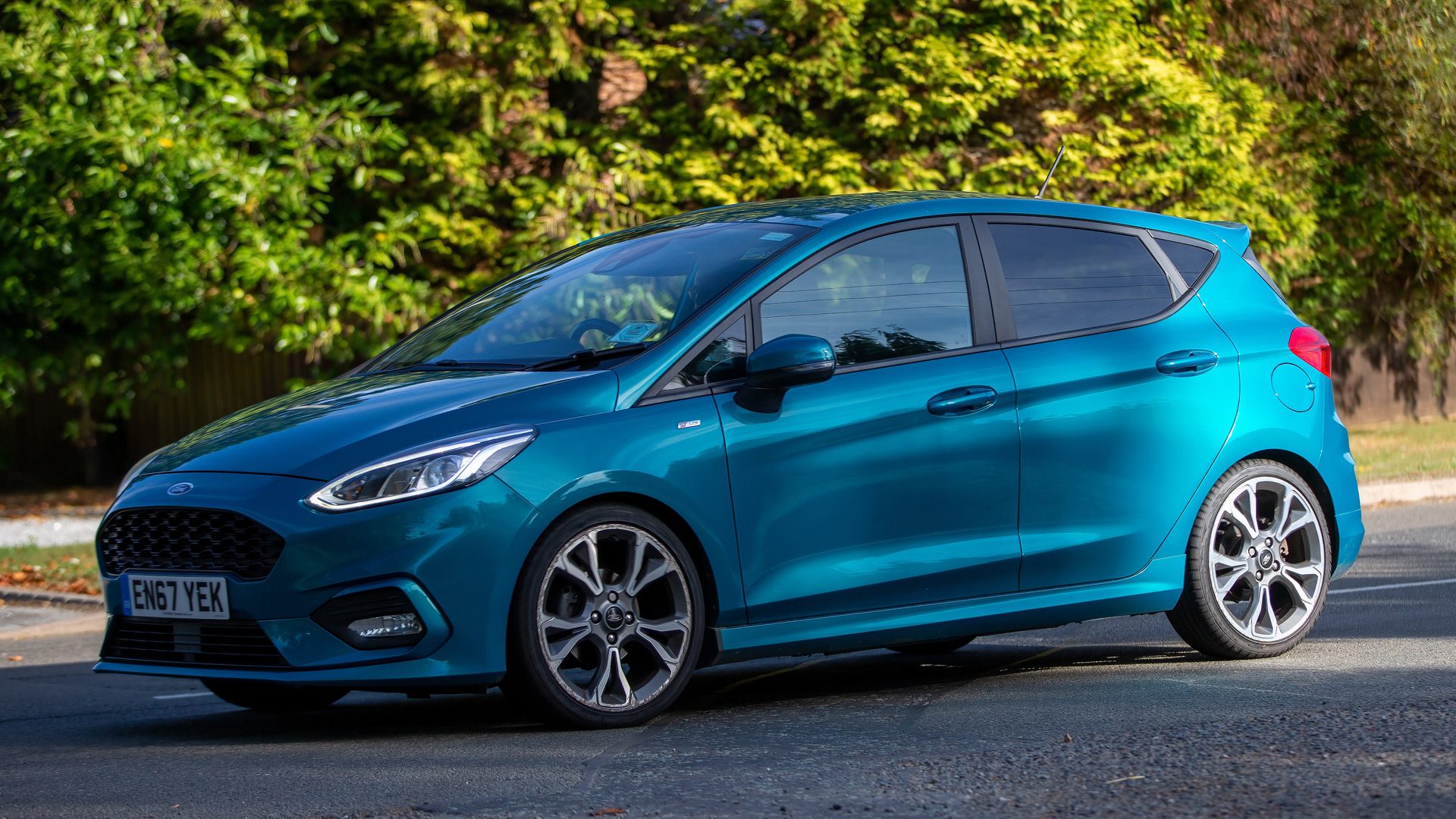
The presence of recurring electrical gremlins has made the Fiesta a vehicle that requires vigilant maintenance and repair attention, particularly if you want to avoid these frustrating issues from becoming a regular occurrence.
While the Ford Fiesta has its strengths in terms of performance and affordability, its electrical systems leave much to be desired, making it a model to approach with caution if long-term electrical reliability is a priority.
2. Chrysler 200 (2011-2017)
The Chrysler 200 is a mid-size sedan that many drivers initially gravitated toward for its stylish design and relatively affordable pricing.
However, when it comes to electrical reliability, the 200 quickly earned a reputation for being plagued by persistent gremlins that leave owners frustrated.
One of the most common electrical issues in the 200 involves the car’s electronic systems, particularly the infotainment and radio units.
Many owners have reported that these systems would randomly shut off, fail to load, or get stuck on the boot-up screen, making them nearly impossible to use for long periods of time.
Another frequent issue is with the car’s power windows and door locks, both of which have been known to fail unexpectedly.
The 200’s electrical system has also been reported to occasionally suffer from erratic behavior with dashboard lights and warning signals that seem to go off for no reason.
These random alerts are often frustrating, as they can’t always be traced back to a clear problem, leading to unnecessary visits to the mechanic for diagnostic checks.
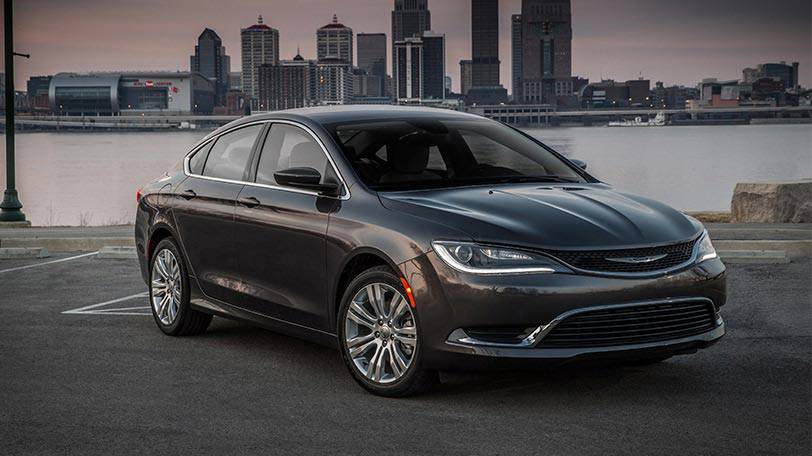
The Chrysler 200’s electrical gremlins don’t end there; several reports mention that the car’s battery tends to drain quickly, often due to issues with the alternator or wiring problems.
This can result in the car not starting or electrical systems shutting down entirely, leaving drivers stranded.
While the Chrysler 200 offers a smooth ride and decent comfort, its ongoing electrical issues make it a less-than-ideal choice for those seeking long-term reliability. Owners should be prepared for frequent electrical malfunctions that can lead to costly repairs.
3. Nissan Altima (2013-2019)
The Nissan Altima has been a reliable sedan for many, but it’s far from flawless when it comes to electrical reliability. While the car’s engine and performance have received praise, its electrical systems have earned a reputation for being temperamental.
One of the most common complaints from Altima owners revolves around its continuously variable transmission (CVT) sensor system.
These sensors, which are integral to the vehicle’s performance, have been known to fail, causing a loss of power and erratic behavior, such as unexpected jerking or stalling.
In addition to transmission sensor issues, the Altima has experienced frequent problems with its electrical wiring and battery. Owners have reported premature battery drain, even with the car being unused for a few days, indicating potential wiring or grounding issues.
This leads to a car that won’t start or, at the very least, causes unnecessary trips to the mechanic to replace a battery that’s perfectly fine, only to experience the same issue again.
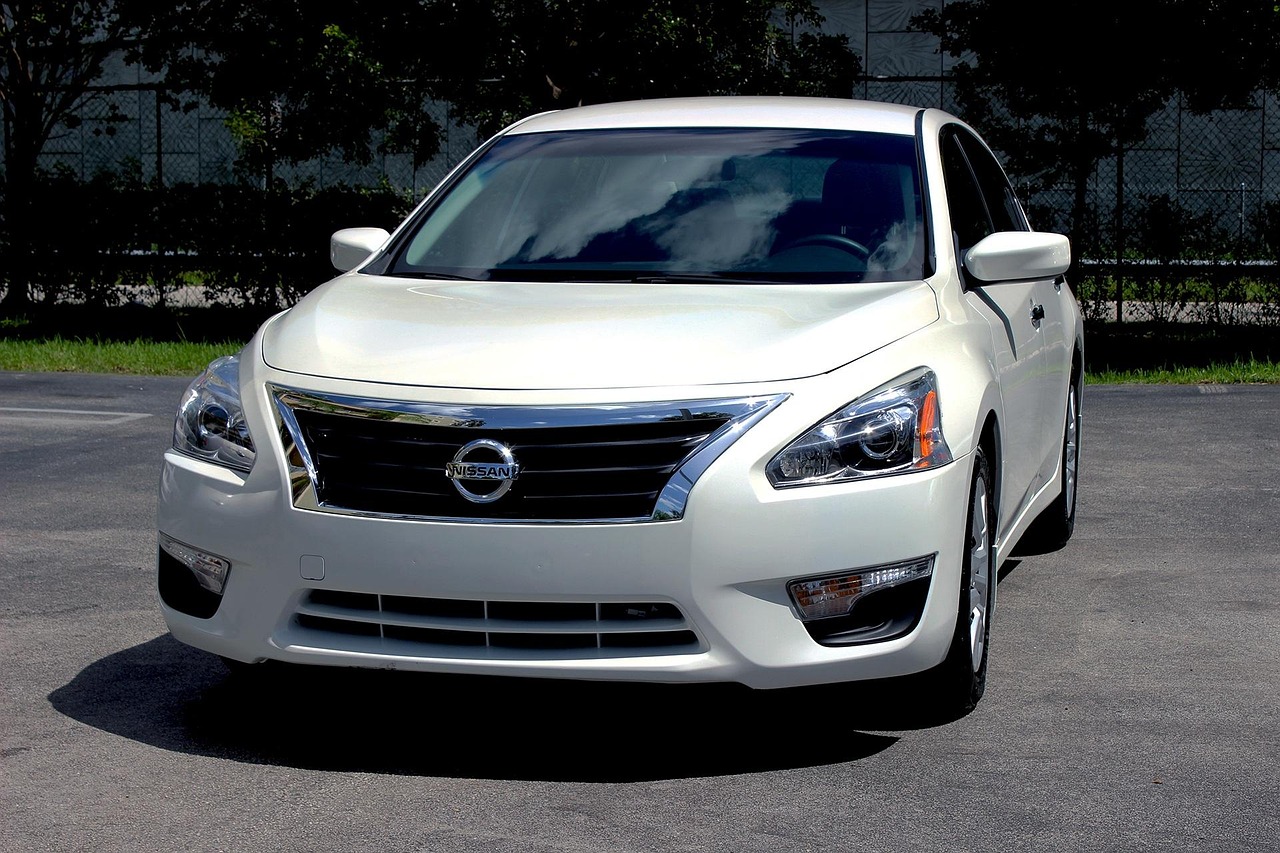
The Altima’s infotainment system has also been known for its glitches. The touch screen sometimes fails to register inputs or freezes during use, rendering the navigation, audio, and Bluetooth features useless at times.
This is especially frustrating in a car that markets itself as having modern tech. Another recurring issue involves malfunctioning sensors, especially with the parking assist and lane-keeping systems.
These systems often fail to detect objects or keep the vehicle centered on the road, leading to false alarms or lack of functionality.
For those considering the Nissan Altima, it’s important to be prepared for the possibility of dealing with ongoing electrical issues that, unfortunately, seem to crop up far too often in these model years.
4. BMW 3 Series (2012-2018)
The BMW 3 Series has long been regarded as one of the most iconic and well-engineered luxury sedans, but unfortunately, its electrical system is not as revered.
Particularly in the 2012 to 2018 models, owners have reported numerous electrical gremlins that range from frustrating to downright costly.
The car’s complex electrical system, which includes everything from infotainment to advanced safety features, seems to be a magnet for problems. One of the most common complaints is related to the iDrive system, which has a reputation for malfunctioning.
Owners have experienced issues with the system freezing, becoming unresponsive, or, in some cases, completely failing. This results in a frustrating driving experience, as users lose access to navigation, music, and other essential controls.
Another recurring issue with the BMW 3 Series is related to its power accessories, such as windows, locks, and mirrors. Many owners report that these systems intermittently fail, often without warning.
The power window regulators, in particular, are known to break down, leaving windows stuck in either the up or down position. These electrical failures not only detract from the car’s overall luxury appeal but also lead to costly repairs.
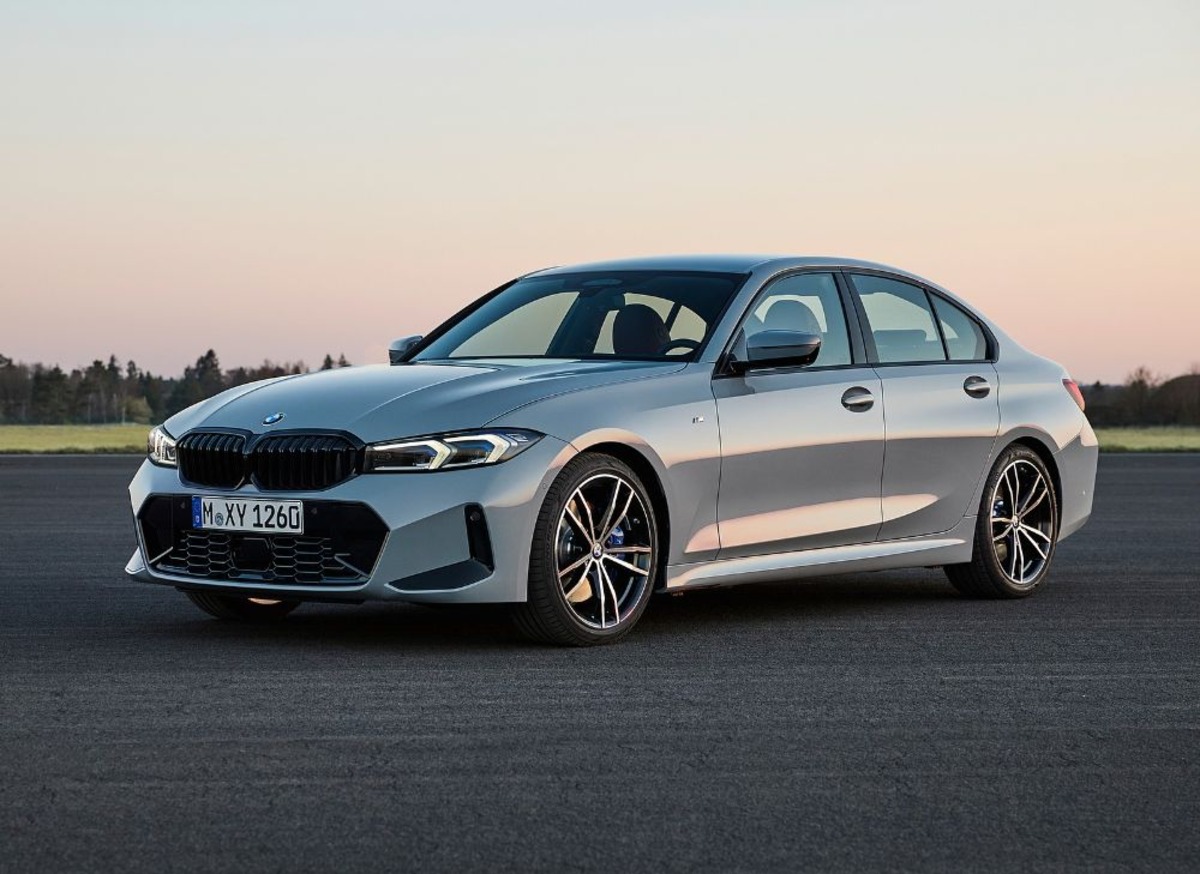
Additionally, the 3 Series has seen a troubling number of issues with its battery and alternator systems. Many drivers have complained about the battery draining prematurely, sometimes due to issues with the alternator or faulty wiring.
This can lead to the car being stranded or requiring frequent recharges, which is not ideal for a car in the luxury segment.
Though the 3 Series offers an exceptional driving experience, its electrical problems can lead to an ongoing headache for owners, particularly if they are unprepared for the high cost of repairs.
5. Volkswagen Jetta (2011-2018)
The Volkswagen Jetta is often lauded for its solid build quality and European styling, but when it comes to electrical reliability, it has a bit of a mixed reputation.
The 2011 to 2018 Jetta models have been plagued by recurring electrical issues that can lead to frustration and expensive repairs.
One of the most frequently reported problems is with the car’s electrical wiring, which has been known to short out, causing a range of problems from flickering dashboard lights to complete system failures. This can leave owners with no functioning lights or instruments, which is both dangerous and inconvenient.
Another significant issue in the Jetta is its infotainment system. The MIB II system, which controls everything from media to vehicle settings, has been reported to freeze, crash, or fail to respond altogether.
While Volkswagen has attempted to address these issues with software updates, many Jetta owners still experience frequent glitches, making the infotainment system unreliable and frustrating to use.

In addition to these problems, the Jetta has seen issues with its power windows and locks. Many drivers have reported that the windows refuse to roll down or get stuck halfway, while the door locks can fail intermittently, leaving owners unable to access their vehicles or lock them securely.
The wiring for these components is often the root cause, requiring costly repairs to restore full functionality.
Despite the Jetta’s solid performance and sleek design, its constant electrical gremlins make it a less-than-ideal choice for those looking for a hassle-free ownership experience.
The frequent breakdowns of its electrical systems can quickly sour the driving experience, making it a car to approach with caution if long-term reliability is a priority.
When it comes to owning a car, electrical reliability plays a significant role in ensuring a smooth and hassle-free driving experience.
The two lists we’ve explored—“5 Cars With Virtually Zero Electrical Problems” and “5 Cars With Constant Gremlins”—highlight the contrasting ends of the spectrum when it comes to electrical reliability.
On one hand, there are cars like the Honda Civic, Lexus RX, and Mazda 3, which demonstrate how a well-designed electrical system can stand the test of time
. These cars have minimal electrical issues, thanks to their straightforward design, high-quality components, and thoughtful engineering.
They offer peace of mind for owners who seek a vehicle that won’t let them down with constant malfunctions, making them ideal for those looking for a stress-free, reliable ownership experience.
On the other hand, there are cars like the Ford Fiesta, Chrysler 200, and Volkswagen Jetta that are often plagued by ongoing electrical problems.
From glitchy infotainment systems to power accessories that fail without warning, these cars can quickly become a source of frustration.
While they may offer appealing features and a fun driving experience, their electrical gremlins tend to overshadow the positives. Owners of these models often find themselves spending more time at the mechanic than they would like, with repair costs adding up over time.
Ultimately, when choosing a car, it’s essential to consider not just performance and aesthetics, but also the reliability of its electrical systems. For those who value hassle-free ownership, the cars with minimal electrical issues are the clear choice.
However, for those willing to deal with occasional headaches, the cars with constant gremlins can still offer an engaging driving experience—just with a few extra trips to the repair shop along the way.
Also Read: 5 Cars That Work With Any Mechanic and 5 That Need Experts

